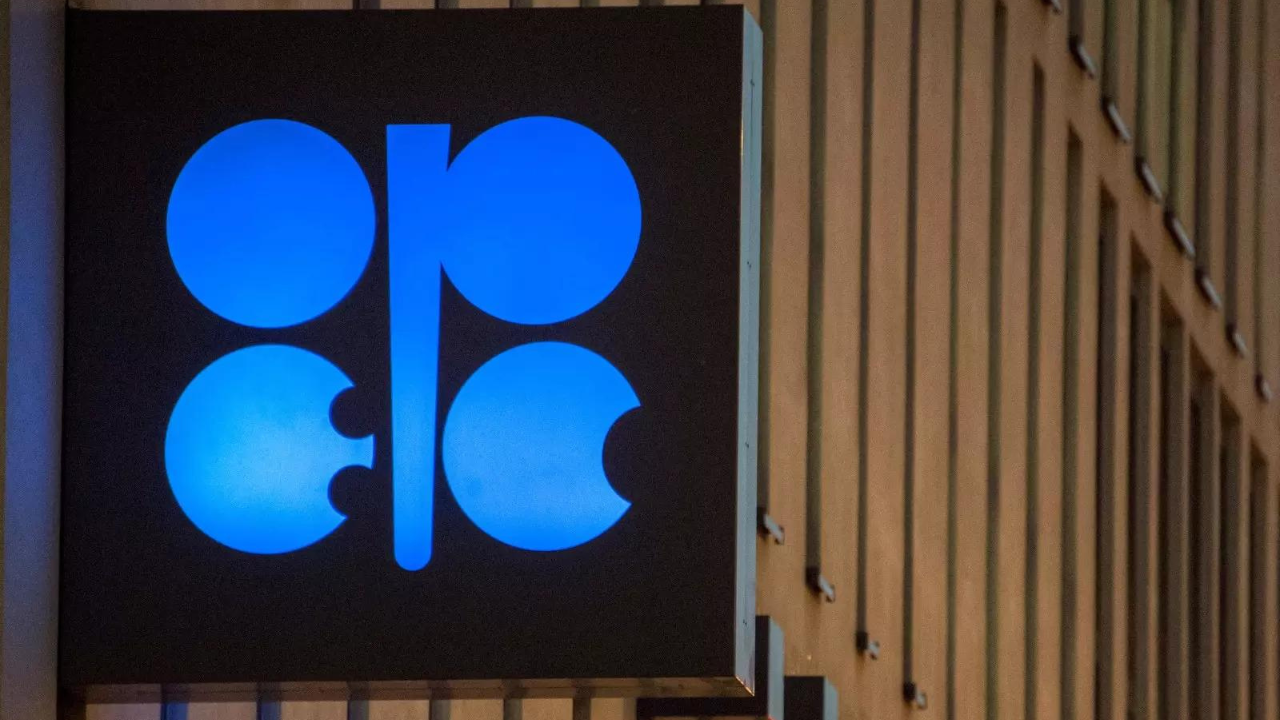VARANASI: Oil minister Hardeep Singh Puri on Sunday cautioned the OPEC+ grouping of oil exporting countries to watch out for market turbulence at their forthcoming meeting to discuss production plan, saying high prices due to the uncertainties will lead to a drop in demand.
“It is their legitimate right… whatever they want to produce, not produce, or sell.But be very careful. If we reach a situation where turbulence leads to very high prices, then demand will fall,” Puri told TOI after launchingGAIL’s second floating CNG refuelling facility for boats in Varanasi.
In the context of extended production cuts by OPEC+ grouping being held responsible for oil market volatility, Puri’s remarks can be interpreted as a warning bell on loss of market — especially amid shifting direction of energy flow in the aftermath of Russia’s invasion of Ukraine.
On expectations from the grouping’s meeting scheduled for November 30, Puri declined to comment saying he was aware that it was postponed last week. “Let’s see what happens. But we are fully prepared (to deal with the grouping’s decision)”.
Puri had put across these views at the 6th meeting of the Indian-OPEC Energy Dialogue in November. Leveraging India’s position as the world’s third-largest oil guzzler, Puri spoke for the buyers, arguing that a stable market benefits both producers and consumers.
“I took the opportunity to tell my friend (OPEC secretary-general Haitham Al Ghais) — and we work very closely — that high prices will impact global economy and oil demand. I think they understood the message,” Puri said.
Analysts expect OPEC+ to discuss a further cut in production to prop up prices, which dropped below $80 per barrel after the meeting was pushed back from November 26. Benchmark Brent slid to $79 per barrel from this year’s high of nearly seen $98 in September on demand concerns and a possible surplus next year.
High oil prices are a concern for India as it meets more than 80% requirement through imports. High prices raise inflationary pressure, which prompted the government to subsidise cooking fuel and force state-run oil companies to absorb part of the impact by freezing petrol and diesel rates to ease inflationary pressure on consumers.
According to the OPEC World Oil Outlook 2023, India would be the fastest growing major developing economy, averaging long-term growth of 6.1% between 2022-2045 and will account for over 28% of incremental global energy demand during the same period.
“It is their legitimate right… whatever they want to produce, not produce, or sell.But be very careful. If we reach a situation where turbulence leads to very high prices, then demand will fall,” Puri told TOI after launchingGAIL’s second floating CNG refuelling facility for boats in Varanasi.
In the context of extended production cuts by OPEC+ grouping being held responsible for oil market volatility, Puri’s remarks can be interpreted as a warning bell on loss of market — especially amid shifting direction of energy flow in the aftermath of Russia’s invasion of Ukraine.
On expectations from the grouping’s meeting scheduled for November 30, Puri declined to comment saying he was aware that it was postponed last week. “Let’s see what happens. But we are fully prepared (to deal with the grouping’s decision)”.
Puri had put across these views at the 6th meeting of the Indian-OPEC Energy Dialogue in November. Leveraging India’s position as the world’s third-largest oil guzzler, Puri spoke for the buyers, arguing that a stable market benefits both producers and consumers.
“I took the opportunity to tell my friend (OPEC secretary-general Haitham Al Ghais) — and we work very closely — that high prices will impact global economy and oil demand. I think they understood the message,” Puri said.
Analysts expect OPEC+ to discuss a further cut in production to prop up prices, which dropped below $80 per barrel after the meeting was pushed back from November 26. Benchmark Brent slid to $79 per barrel from this year’s high of nearly seen $98 in September on demand concerns and a possible surplus next year.
High oil prices are a concern for India as it meets more than 80% requirement through imports. High prices raise inflationary pressure, which prompted the government to subsidise cooking fuel and force state-run oil companies to absorb part of the impact by freezing petrol and diesel rates to ease inflationary pressure on consumers.
According to the OPEC World Oil Outlook 2023, India would be the fastest growing major developing economy, averaging long-term growth of 6.1% between 2022-2045 and will account for over 28% of incremental global energy demand during the same period.
